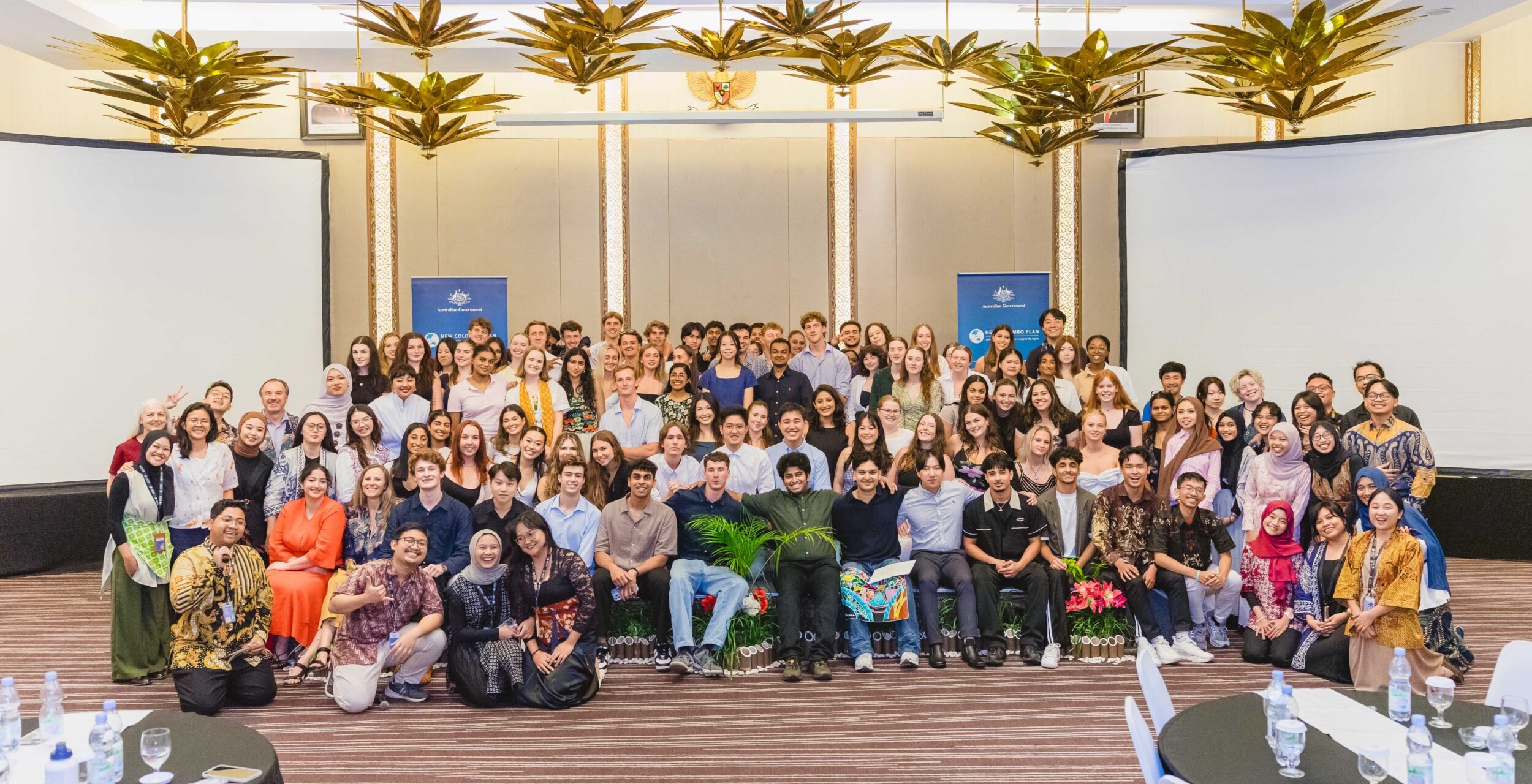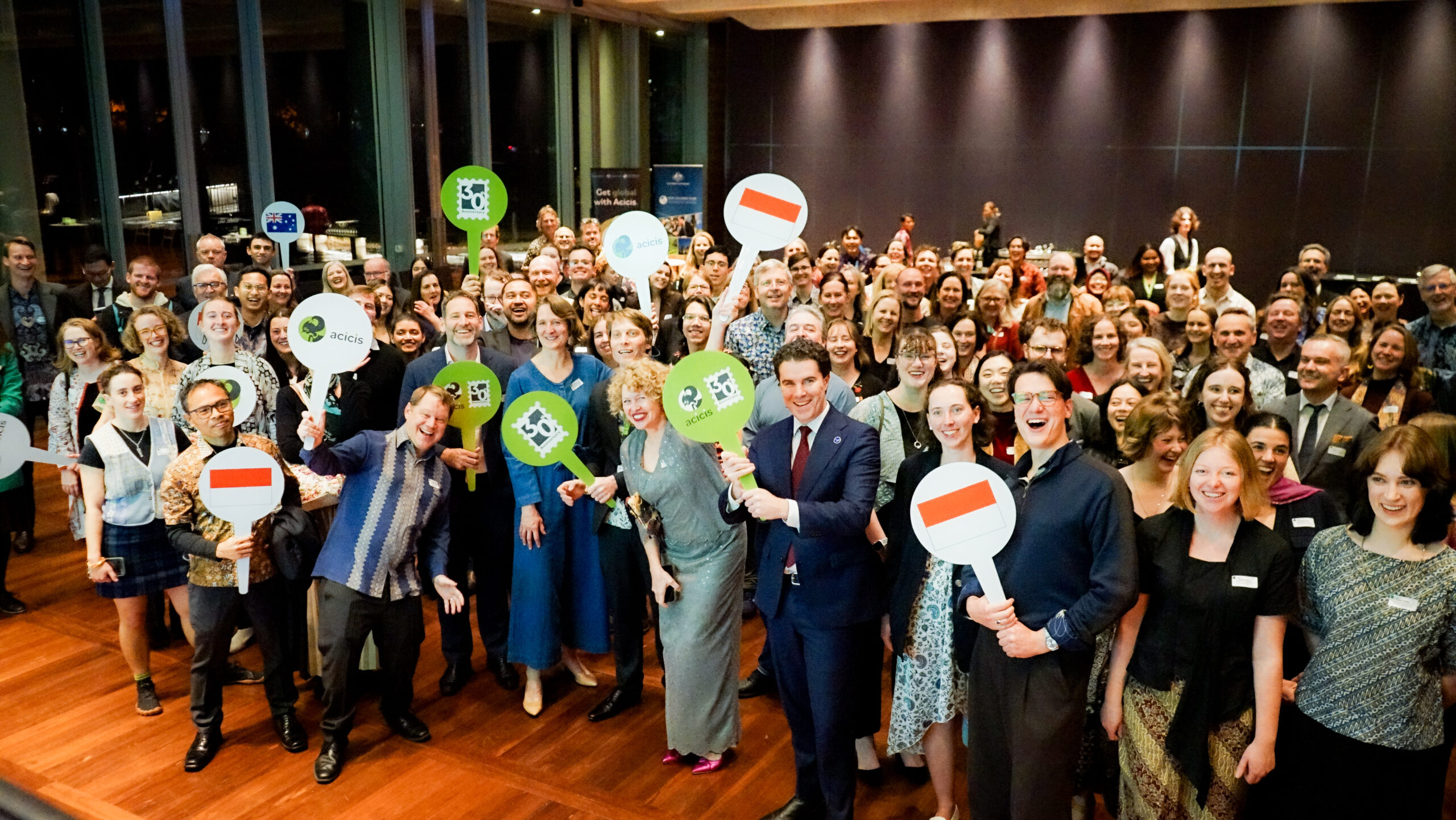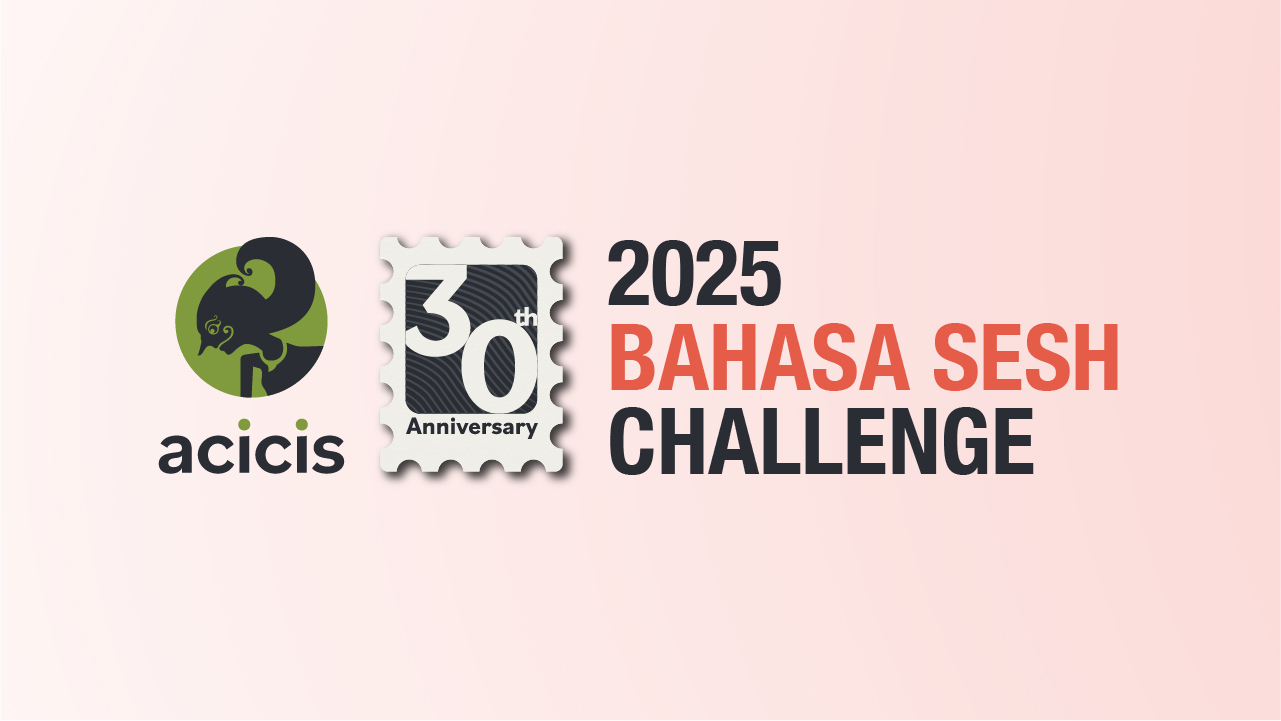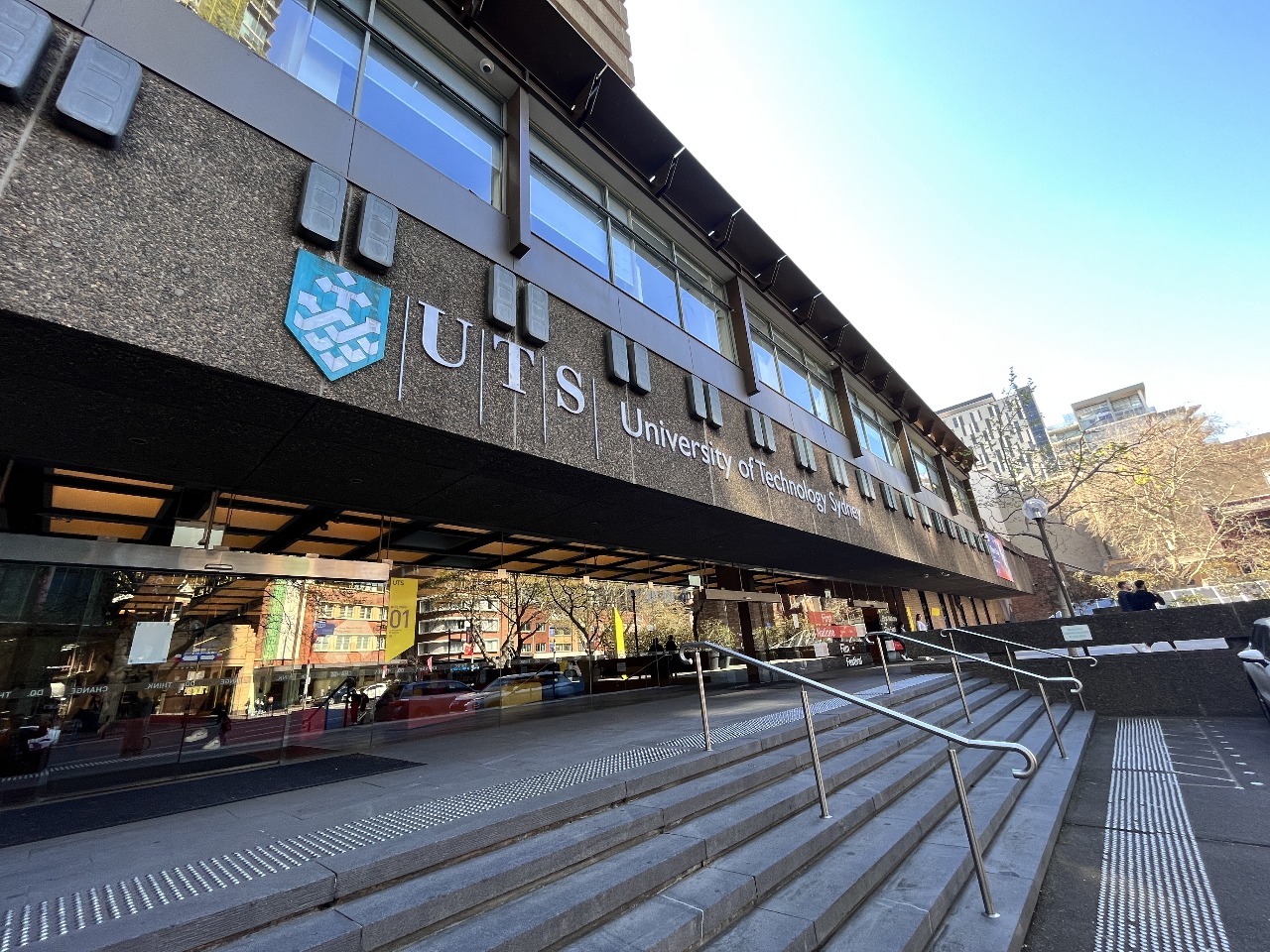Acicis warmly welcomed 350 students from Monash University for its esteemed Global Immersion Guarantee program in November 2024 and January 2025 (summer blocks). This program concentrates on fieldwork that examines the complex interconnections between the environment, society, energy, and technology, utilising in-country case studies as practical examples.
The Global Immersion Guarantee program aims to provide participants with a thorough understanding of the complexities and challenges of implementing sustainable and innovative solutions. Each program block lasts two weeks, offering an intensive and immersive experience. During this time, students engage in various activities, including visits to cultural and environmental sites, interactions with local communities, sessions with local experts for valuable insights, and reflection and reframing sessions led by Monash academics.
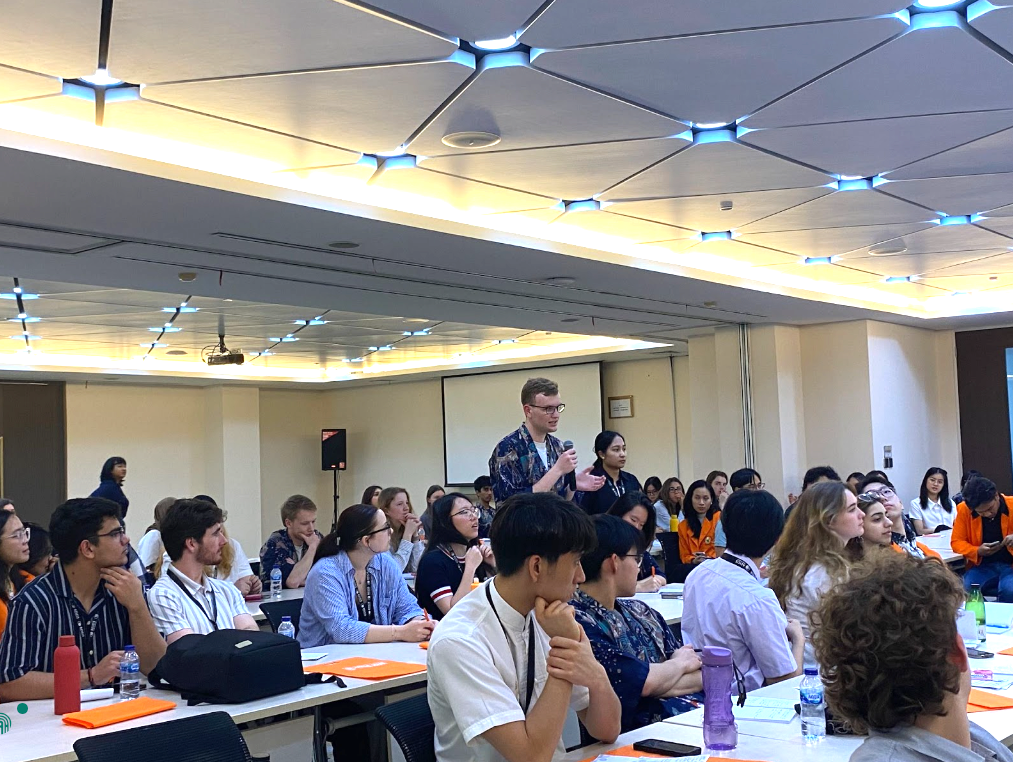
The program took place in two cities, Yogyakarta and Jakarta, with each session hosting 80 to 90 students accompanied by Monash staff representatives. In Jakarta, the host university is Atma Jaya Catholic University, while in Yogyakarta, Acicis collaborates with Universitas Gadjah Mada as the host university.
In Jakarta, the theme mainly focuses on urbanisation and energy security. Students examined the complexities of urban development and energy security challenges and their impact on the local communities, with industry experts, practitioners, and lecturers from Atma Jaya Catholic University providing insights.

During their first week in Jakarta, they navigated into the city’s vibrant streets and business districts to observe the distinctive contrasts from another part of Jakarta. They toured the once-evicted, now revitalised urban village, Kampung Susun Akuarium, located in North Jakarta, to experience urban development firsthand, where community initiatives, cultural pride, and inclusive planning drive change. Additionally, the students visited Cilincing, a fishing village, where they engaged with the local youth community and fishermen to deepen their understanding of the urban development challenges that North Jakarta faces, particularly issues related to pollution and waste management.
The second week in Jakarta continued the exploration of energy security, featuring visits to Greater Jakarta’s largest landfill and the PLTSa Bantar Gebang waste-to-energy power plant, which converts tons of waste into electricity daily. They also had a chance to visit the RDF (Refused Derived Fuel) Plant as their initiative to convert landfill waste into alternative fuel for industry. Moreover, the students see the PLTGU Muara Karang – Combined Cycle Power Plant, organised by the State Electricity Company (PLN), to learn more about their operations, as they are known for environmentally conscious power plants that significantly reduce gas emissions.
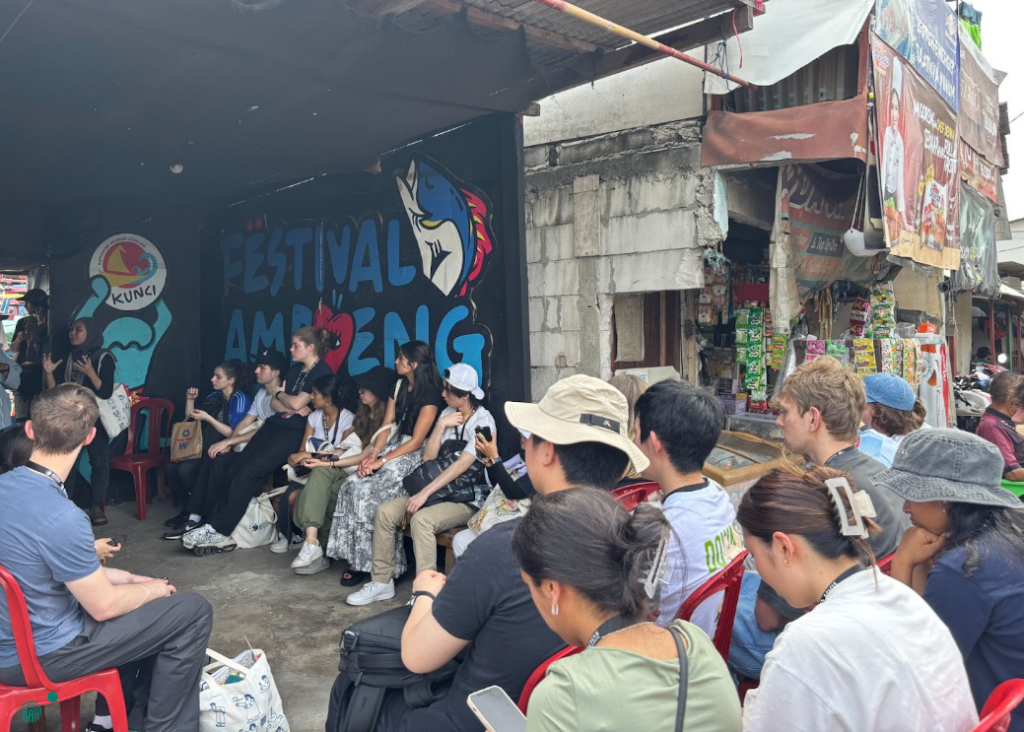
Cultural immersion was also a key component, as students learned about various Indonesian cultures at Taman Mini Indonesia Indah—this area showcases a miniature of Indonesia, including its history, livelihood, religions, and traditions. They also had a chance to immerse deeper into one of the traditional dances of Indonesia from Bali and East Kalimantan and learn how to perform it.
In Yogyakarta, the program focused more on the themes of Rural and Urban Development and Energy Security. In the program’s first week, Monash students immersed themselves in the local culture by participating in an Indonesian language class, following a lecture and seminars on Indonesian Modern History, Culture, Politics, and Society, followed by the specialised topic aligned with the theme of the program throughout the week. Furthermore, they encountered various issues and challenges, including sustainability in Indonesia from multiple perspectives: academia, NGOs, and business; rural and urban development as examined by experts from Universitas Gadjah Mada.
The seminars and lectures provide crucial background knowledge for students during their visits to the Nglanggeran Community-Based Tourism Village and the urban development field visits to the Kali Code Riverbank Community Village, a marginalised settlement that thrives on community-driven urban development, and Kotagede Heritage Tourism, renowned for its Javanese cultural heritage, traditional architecture and silver industry.
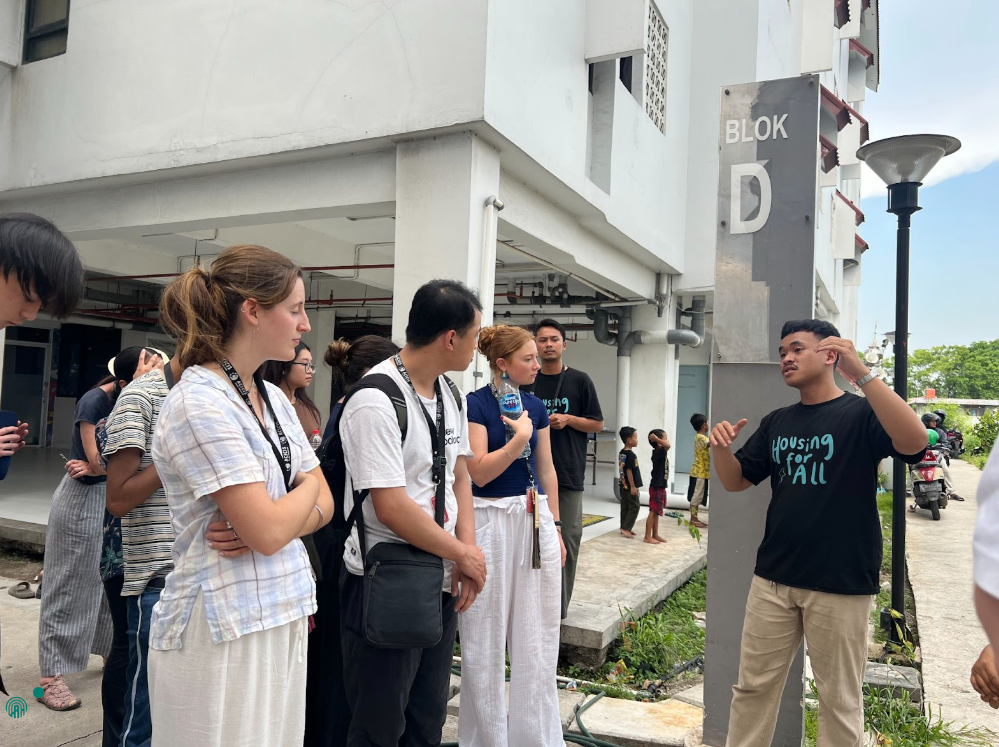
In their second week, they explored renewable energy and energy security issues in Indonesia. This included local insight sessions led by local experts and field visits to the Kedungrong Micro Hydro Power Plant, a community-managed renewable energy project that provides affordable electricity, improves living standards, and fosters local economic growth. The visit to the Wanagama Educational Forest, managed by the Faculty of Forestry at Universitas Gadjah Mada (UGM), became an excellent rehabilitation model supporting education, research, and community development.
Students also participated in cultural activities, including visiting Prambanan, the biggest Hindu temple in Indonesia. They also visited Borobudur, the biggest Buddhist temple, and the UNESCO Pop-Up Market, where students can purchase local products and crafts and participate in a Jamu Making Workshop. Moreover, the students participated in Indonesian puppetry and batik, participating in a workshop where they created these items to bring home as cherished souvenirs.
The Jakarta and Yogyakarta GIG program concluded with a final presentation. The students presented their findings and experiences on their study tour in Indonesia, followed by a closing ceremony and farewell dinner.
